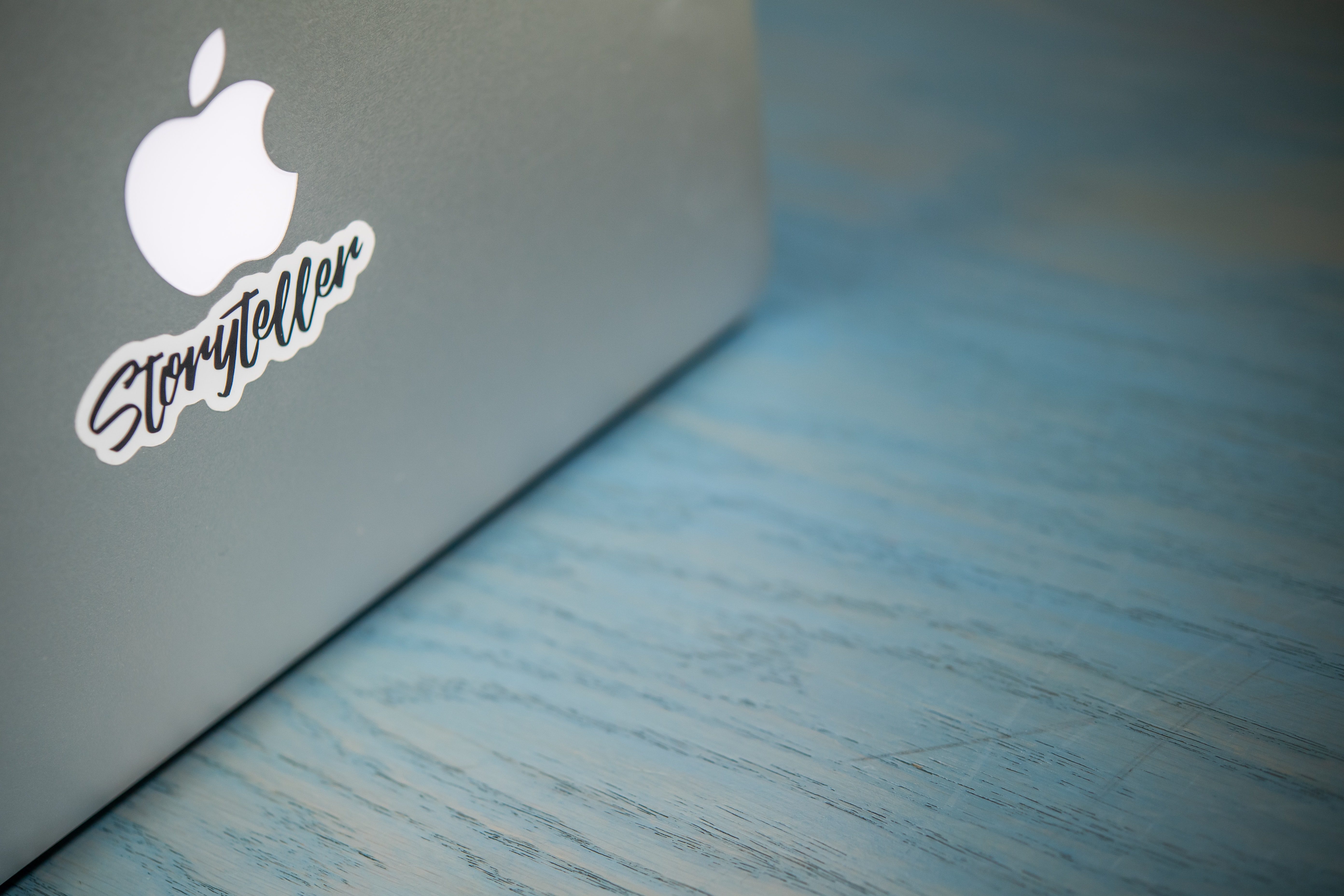

Jan 13, 2022
If I asked you to put your hands on your smartphone or device right now, I doubt you'd had to reach much further than stretch out your arm? And on that device I would bet you've probably got at least one of the following apps: Facebook, Instagram, YouTube, TikTok, LinkedIn or Pinterest?
If the answers to the above are yes and yes then you could, and I’m sure have, produced user generated content (UGC). UGC is any form of content, such as images, videos, text, and audio, that has been posted by users on online platforms such as social media and wikis.
Sharing pictures, videos, and stories online is no longer exclusively the job of professional photographers, creative advertising agencies or tv channel. Smart devices have put the power of content in our hands.
The rise of social media and the ever improving camera function on our smartphones have fundamentally challenged and democratised who creates content and who tells stories.
You are part of the user generated content revolution.

Because this is about more than just the 'influencer’.
Let’s address and move past the (now mostly negative) connotations associated with the term ‘influencer’ - content that is highly edited, staged and filled with (un)acknowledged brand sponsorships. The mum-fluencer making life look easy, promoting a new kids brand and making others feel bad via her polished and curated life. The travel-vlogger getting a free jolly to some far flung location most of us can only dream of visiting. Anyone associated with a ‘hype house’.
User generated content is much more than that. The platforms and people involved are embracing a new title to reflect the distinction - the creator. Tiktok users are ‘TikTok creators’, OnlyFans users are ‘adult-content creators’ and members of invite only voice chat app Clubhouse are ‘audio creators’.
Creator is currently the fourth most-sought-after career among British children aged 7-11. Brands, traditional media organisations and lots of others are paying attention to the potential and opportunities these creators offer.
By partnering with creators you have the power to tell untold stories, to connect on a personal level and access untapped audiences. We are all creators. Whether we acknowledge it or not. We all have the power to tell stories. So our challenge to you is, how can you leverage this asset?

Last year Chipotle announced that it was partnering with 14 TikTok creators to develop new content and brand strategies. In doing so they are aiming to redefine ‘the traditionally transactional relationship by taking a true creator-first approach that promotes collaboration and career growth’.
Channel 4 in partnership with Instagram launched the world’s first reality series told through social media in November 2021. The series, called ‘You do You’, follows the lives of a group of young creatives based in Manchester and is part of Channel 4’s new global platform ‘Yours to Make’.
Creators aren’t just channels to reach new audiences, they are being put at the heart of and are guiding brand’s strategies and creative development.

Capturing, sharing and reporting on current events hasn’t escaped the user generated revolution.
Participatory reporting allows new voices to be heard. Organisations like On Our Radar work to ‘tackle voicelessness and surface stories from unheard groups’ and are using citizen journalism to tell previously unheard stories.
While there are concerns about accountability and credibility (a debate that could fill a whole article) traditional media outlets have dipped their toes in the user generated water - the BBC, ITV and CNN have all trialled projects to explore citizen participation in news reporting.

Creators are becoming their own businesses, and start ups are rushing to making tools and services to help grow these enterprises. The ‘creator economy’, as it’s become known, received £1.3 billion in investment funding in 2021.
Many of these services offer new ways for creators to monetise their content, instead of selling ads based on their overall engagement (the traditional model).
Patreon allows its 200,000 creators a way to offer a monthly paid membership to their fans. Buy Me a Coffee, whose tagline is ‘a supporter is worth a thousand followers’ gives creator’s fans an easy way to say thanks by buying them a coffee, or making a small donation. You can also buy direct access to their creativity - ‘products’ range from a Tarot Card reading for $5 to a $15 flower painting class.
While ad driven platforms like Facebook and Twitter profit from creators engagement and attention these new services allow the creator community to be 'fairly' financially rewarded.
Who can, or maybe already is telling the story of your organisation and the work you do? Where is that happening organically and how could you help support those people to tell your story in an authentic way?
If it’s not happening already what bits of your story could you democratise, and who could your creators be?
What could you learn from the best creators and community builders? Could you take time to immerse yourself in creators who have built genuine and loyal communities around themselves.
What could you learn from them about how to interact with supporters in new and different ways to build engagement? How might that challenge or influence your approach to communication or marketing?
What could support look like via new platforms? Could you explore Buy Me a Coffee, Patreon or one of the many other ‘creator economy’ platforms to offer new ways to financially support your organisation? What could trialling that on a small scale look like?
Which of these early stage startups might want to partner to trial a ‘add donation to charity’ option to allow their creators to ask for donations to causes they care about from supporters?